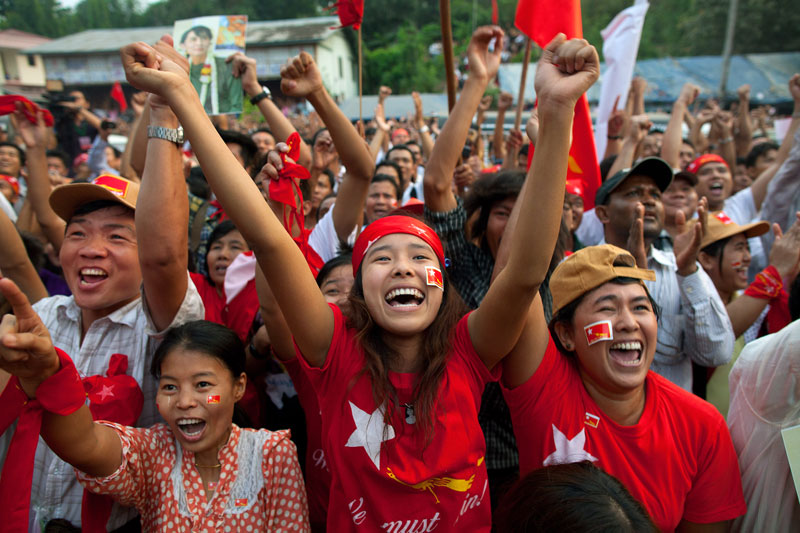-
Myanmar’s General Elections and Foreign Investment
-
Over the past year, we have seen a noticeable slowdown in foreign investment interest in Myanmar as investors see increased political risks associated with the upcoming general elections, which are scheduled to take place on November 8. Broadly speaking, we see two likely scenarios stemming from the elections, with the best case scenario likely to usher in a new wave of foreign investment.
A relatively free and fair election and a functional coalition
This is obviously the best case scenario for the country and for investors. The reforms ushered in by President Thein Sein since 2010 have dramatically transformed Myanmar’s economic landscape and brought massive investment that was largely in the oil and gas, telecommunications, power, and property sectors. Should these elections pass without widespread fraud or serious violence, foreign investment in the country is sure to see a new wave. And beyond the immediate elections, a working coalition government would be expected to pass the much needed Myanmar Investment Law, Banks and Financial Institutions Law, Companies Act, and a new mining law that would put into place the legal framework needed by international investors. In this type of productive governing environment, business transparency and curbs on corruption would be improved, which would add to investor confidence. This scenario would be a highly satisfactory result that would see the once pariah state become a highly attractive foreign investment destination.
Problematic elections and a dysfunctional coalition
With election observers from the European Union watching, widespread violence, major voter disenfranchisement, or outright fraud could see new sanctions implemented and scare off international investors. At best, risk adverse investors would move very cautiously and likely hold off on any investment plans until the situation settled.
In the wake of these elections, it is expected that there will be considerable jockeying over powerful posts such as the presidency, ministerial positions, and governorships over states and regions. While there are rumors in Yangon that much of the negotiations have already been started between the ruling USDP and the opposition NLD, delays and political infighting (which could see very real violence) could lock down the government and freeze much needed legislation. In this scenario, investors would continue to see the country’s political issues as a liability with little expectation that ingrained issues like the lack of transparency in business and government would not be solved. In addition, a strong win for the NLD that is in an adversarial role with the USDP may produce erratic and negative legislation by the NLD, which has strong moral backing but very little governing experience.

